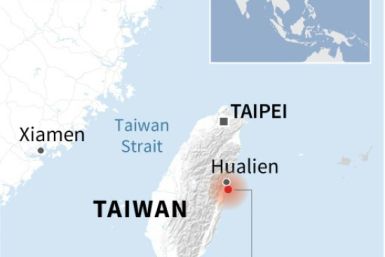Turnbull government excludes passive investment companies from small business tax rate

The Australian government has released a draft tax legislation for consultation to clarify that passive investment companies cannot access the lower company tax rate for small businesses. The exposure draft bill amends the tax law to ensure that if 80 percent or more of a company’s income is of a passive nature such as dividends and interests, it will not qualify for the lower company tax rate.
The Minister for Revenue and Financial Services Kelly O’Dwyer said the government’s policy decision to cut the tax rate for small companies was not meant to apply to passive investment companies. “The Turnbull Government is committed to lower taxes on business because we want to see them invest and grow,” the minister said in a media release.
These amendments, O’Dwyer said, will provide greater clarity about who qualifies for the lower company tax rate. The Treasury website posts draft legislation and supporting materials.
The site states that as part of the Enterprise Tax Plan, the corporate tax rate for small corporate tax entities has been cut to 27.5 percent. “The turnover threshold that applies for a corporate tax entity to qualify for the lower corporate tax rate will increase annually from $10 million in the 2016-17 income year to $50 million in the 2018-19 income year,” the Treasury website reads.
Under the Treasury Laws Amendment (Enterprise Tax Plan No. 2) Bill 2017, which is currently before Parliament, this threshold is expected to increase progressively to $1 billion in 2022-23. It amends the Income Tax Rates Act 1986 to ensure that a corporate tax entity will qualify for the lower corporate tax rate during this period only if the corporate tax entity carries on a business in the income year.
Another requirement is for the aggregated turnover of the corporate tax entity for the income year to be less than the aggregated turnover threshold for that income year, and the corporate tax entity does not have passive income for that income year of 80 percent or more of its assessable income for that income year. The bill further states that corporate tax entities having predominantly passive income do not have access to the lower corporate tax rate before 2023-24 when the tax rate should be 27.5 percent for all companies.
Responses to this consultation can be submitted until later this month. Submissions can be lodged electronically or by post, but electronic lodgement is preferred.






